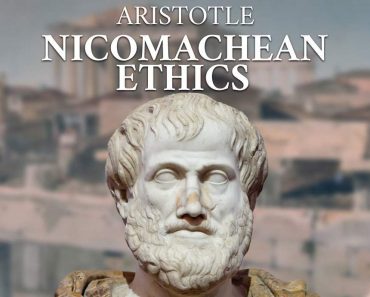
A new academic study highlights how medical ideas from ancient Greece and Rome helped shape the principles that guide modern psychiatry today. Researchers found that early thinkers in the classical world moved away from mystical beliefs and began exploring mental illness through reason, observation, and philosophy, laying the foundation for clinical approaches utilized in psychiatric care today.
The study, led by L. Bottalico of the University of Bari and published in Ethics, Medicine and Public Health, traces this evolution from early ritual-based healing to structured, science-driven methods.
Bottalico explained that the Greeks were among the first to examine disturbed behavior as a natural condition rather than a punishment from the gods. Their early shift toward logic and medical theory created lasting structures that remain in modern mental health practices.
Superstition to observation: The Hippocratic shift and role of ancient Greece in modern psychiatry
Long before psychiatry became a formal field, mental illness was seen as spiritual or supernatural. Shamans and priests relied on chants, spells, and herbs to treat emotional and behavioral disturbances in ancient societies. These early healers believed illnesses were inflicted by angry gods or malevolent forces, and they performed rituals to restore balance.
This mindset began to change in the 5th century BC with figures like Hippocrates of Kos. He rejected the idea that mental disorders were sacred or divine, arguing instead that they had physical causes that could be studied. His writings marked a clear break from the standard religious explanations of the time and pushed medicine toward observation-based diagnoses.

While Greek playwrights such as Aeschylus and Euripides still portrayed madness as a divine revenge in their tragedies, philosophers and physicians view this differently. They considered the brain—not spirits—as the seat of human thought and emotion.
Historians such as Herodotus also began suggesting environmental and behavioral causes for mental instability, citing alcohol abuse in rulers as a factor in erratic behavior.
Roman adaptation and the rise of medical practice
Greek medical ideas spread into Roman society, where early treatment often fell to the male head of household. Greek-trained doctors gradually introduced more structured care.
Physicians like Aretaeus, Celsus, and Galen brought new classifications for mental disorders and explored treatments involving diet, talk, and lifestyle—an approach not far from today’s psychiatric methods.

The study notes that philosophical schools, such as those led by Pythagoras, Plato, and Aristotle, also contributed by offering early theories of the psyche, promoting reasoning over emotion. They argued that thought processes could be examined rationally—a core idea in psychology today.
Bottalico concludes that the legacy of ancient thinkers still echoes in how psychiatry views and treats mental illness. Through their early rejection of superstition and embracing of logic, Greek and Roman medicine provided the basic tools and ideas that continue to guide mental health professionals centuries later.







-370x297.jpg)